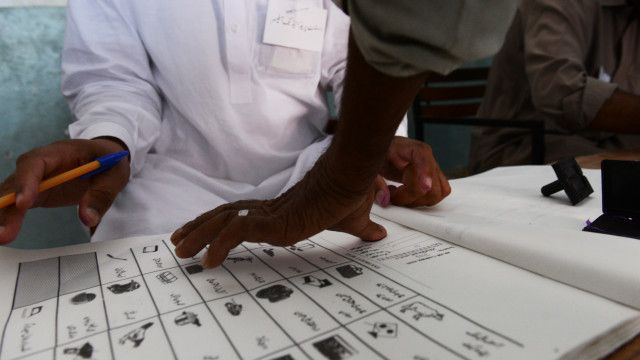Ensuring Equitable Elections: Pakistan’s 2024 Challenge

As elections loom on the horizon, Pakistan, a constitutionally Islamic Federal Republic, operates under a parliamentary form of governance, wherein the people exercise their will to elect their representatives in accordance with the nation’s constitution. These elections occur every five years, as per the constitution’s mandate, with the assurance of free and fair proceedings enshrined within Pakistan’s legal framework. This democratic right is the cornerstone of any political party’s aspiration to contest elections, come into power, and advocate for the people’s interests in alignment with their party’s manifesto.
Recently, Pakistan Tehreek-e-Insaf (PTI) has found itself in turbulent waters following its removal through a vote of no confidence. However, it is essential to establish a level playing field for PTI as the country prepares for the upcoming general elections in 2024. A level playing field signifies that all political parties and candidates are afforded equal opportunities to engage in the electoral process and vie for the electorate’s votes. This equity is paramount in ensuring that elections remain transparent, credible, and, most importantly, a reflection of democratic principles.
A level playing field also extends to caretaker governments and the election commission, demanding their impartiality and independence, without any bias in favor of or against any party or candidate. This neutrality preserves the voters’ trust and confidence in the electoral system and its outcomes.
Furthermore, a level playing field encompasses the media, civil society, and other stakeholders who must operate freely and responsibly, playing a constructive role in informing, educating, and mobilizing the public on electoral matters. Their contributions are vital in enriching the quality and diversity of political discourse and representation within the nation.
This call for a level playing field is particularly pertinent to PTI, as it stands as the largest political party in Pakistan but has been confronted with a series of challenges and impediments. PTI alleges it has been targeted with false legal cases, subjected to restrictions on political activities, witnessed arrests of its workers, and faced harassment from governmental institutions. Furthermore, PTI contends that the previous government manipulated census results and postponed elections to its advantage.
Ensuring a level playing field for PTI is not merely an act of fairness; it serves to empower the party to run its election campaign freely and effectively, presenting its vision and agenda to the populace. It also affords PTI the opportunity to scrutinize the previous government’s performance and policies while providing alternative solutions to the country’s challenges. This, in turn, enriches the nation’s political discourse and choice, giving voters a more comprehensive array of options.
Establishing a level playing field for PTI also plays a pivotal role in promoting political stability and harmony in Pakistan. By reducing the potential for conflict and violence in the lead-up to, during, and after elections, this approach increases the likelihood of a peaceful transfer of power. Additionally, it nurtures a culture of tolerance and cooperation among different political forces, ultimately strengthening democratic institutions and promoting the development and prosperity that Pakistan aspires to achieve.






